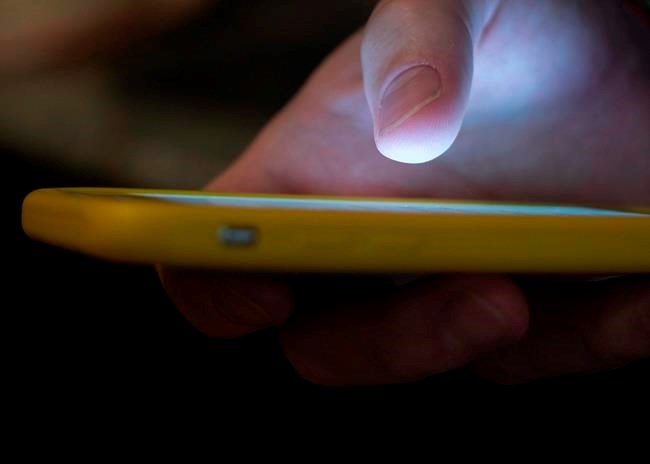Canada must make good on a long-standing promise to implement a centralized mental health crisis line that bypasses police and connects those in need with professionals who can help them, experts argued as a similar system went live in the United States.
The new 988 mental health hotline American authorities launched on Saturday will, once fully operational, offer residents struggling with suicidal thoughts an easy-to-remember number that will connect them with trained mental health counsellors rather than law enforcement personnel.
Mental health advocates have been pushing for a similar system in Canada, and the House of Commons unanimously voted in favour of establishing a three-digit suicide prevention number in 2020, but those working in the field of suicide prevention said the "gold standard" now established south of the border makes it clear that Canada has some catching up to do.
Sheryl Boswell, the executive director of Youth Mental Health Canada, said Canada should act fast to establish this essential mental health service.
“We need to adopt best practices from other countries and go beyond that to do much better than what we’re doing,” she said in a telephone interview on Sunday. “Let's hope it doesn’t take years to adopt 988 in Canada.”
Dr. Allison Crawford, the chief medical officer for Talk Suicide Canada and a psychiatrist with Toronto's Centre for Addiction and Mental Health, said a system like 988 would both show those struggling with mental health crises that suicide prevention is taken seriously and make it easier for Canadians to access urgent help.
The growing demand for mental health services spurred in part by the COVID-19 pandemic makes the need for such a system particularly pressing, she added.
"There are huge mental health needs in our communities and that’s only grown over the last number of years,” she said.
“I see this as one important access point into a mental health service that I think needs renewal,” she added, noting she'd also like to see improvements in wraparound mental health support that go beyond crisis services.
Pressure to take action is mounting in the political realm, too.
Todd Doherty, Conservative Member of Parliament for Cariboo-Prince George, B.C. who introduced the successful motion to establish a centralized hotline system back in 2020, said in a recent statement he’s disappointed in what he calls the government's “shameful lack of action” on the issue.
“Despite receiving the support of grassroots and national mental health organizations, municipalities from across the country and the unanimous support of parliamentarians, this lifesaving initiative remains unavailable to Canadians and its status continues to be unknown," the statement read.
A Health Canada spokesperson said the Canadian Radio-television and Telecommunications Commission is evaluating how this number could be introduced and the department expects a decision from the agency later this year.
The department “recognizes the importance of everyone in Canada having access to critical mental health and suicide prevention resources,” read an emailed statement.
The Public Health Agency of Canada is also currently trying to estimate the expected demand for this hotline and plan for managing increased call volumes, the spokesperson added.
The CRTC did not immediately respond to request for comment.
Statistics Canada reported in 2021 that on average more than 10 Canadians die by suicide every day, and Boswell said it’s expected that 446 people aged 10 to 24 will die by suicide each year.
Given the rates of suicide in Canada, Boswell said the country is “never doing enough” in terms of supporting those who struggle with suicidal thoughts.
“And one death by suicide is too many,” she added.
One of many benefits of a 988 number, Boswell said, would be eliminating the involvement of police for wellness checks.
“A three-digit number for mental health crisis and support is what we need, not 911 criminalizing mental health. Not police response in uniforms and marked police cars,” she said.
“This is a health crisis and we need a compassionate health response."
This report by The Canadian Press was first published July 17, 2022.
---
This story was produced with the financial assistance of the Meta and Canadian Press News Fellowship.
Lyndsay Armstrong, The Canadian Press


